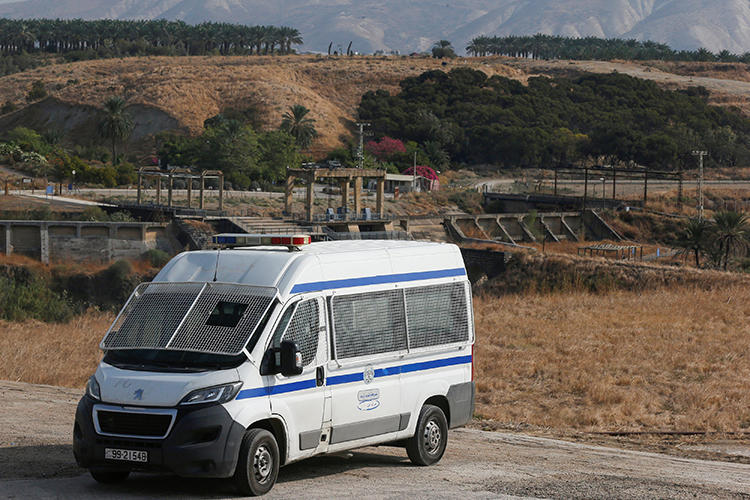Beirut, January 28, 2020 — Jordanian authorities should immediately lift the suspension of Dijlah TV and allow the station to broadcast freely, the Committee to Protect Journalists said today.
Yesterday, the Jordan Media Commission, the country’s media regulator, ordered the Amman-based satellite broadcaster Dijlah TV to stop broadcasting for one month for allegedly violating its licensing agreement and illegally broadcasting within Jordan without prior authorization, according to news reports and a statement by the Press Freedom Advocacy Association in Iraq, a local press freedom group.
Dijlah TV is a satellite broadcaster based in Jordan that covers news in Iraq, and is owned by Jamal al-Karbouli, an Iraqi politician, according to reports.
A few hours after the outlet’s suspension in Amman, Iraqi security agents and a representative of Iraq’s media regulator, the Communications and Media Commission, raided the Baghdad office of Dijlah TV and ordered its staff to leave the premises at midnight and not return, according to the Press Freedom Advocacy Association statement. The station stopped broadcasting about 30 minutes after midnight, according to that report.
The station had been airing live broadcasts of the protests that have taken place in Iraq over unemployment and government mismanagement since October, and Iraqi security forces previously raided its Baghdad office in October and November, as CPJ reported at the time.
“By suspending Dijlah TV’s broadcasts, Jordanian authorities are depriving millions of Iraqis of vital information about the protests taking place in their country,” said CPJ’s Middle East and North Africa representative Ignacio Miguel Delgado. “Jordanian authorities should immediately lift this suspension, and Iraqi authorities must cease conducting raids on local and foreign broadcasters.”
In October, the Iraqi Communications and Media Commission ordered Dijlah TV’s transmissions to be blocked for allegedly violating professional standards, according to CPJ coverage from the time. In November, the commission issued a notice alleging that Dijlah TV and other foreign-based broadcasters had violated Iraqi licensing rules, and recommending that the Iraqi prime minister’s office raise those issues with the broadcasters’ host governments, as CPJ reported.
CPJ emailed the Jordan Media Commission and Iraq’s Interior Ministry for comment, but did not receive any responses.
On January 10, unidentified gunmen killed two Dijlah TV journalists, reporter Ahmed Abdul Samad and camera operator Safaa Ghali, while they were covering protests in Baghdad, according to CPJ research.
